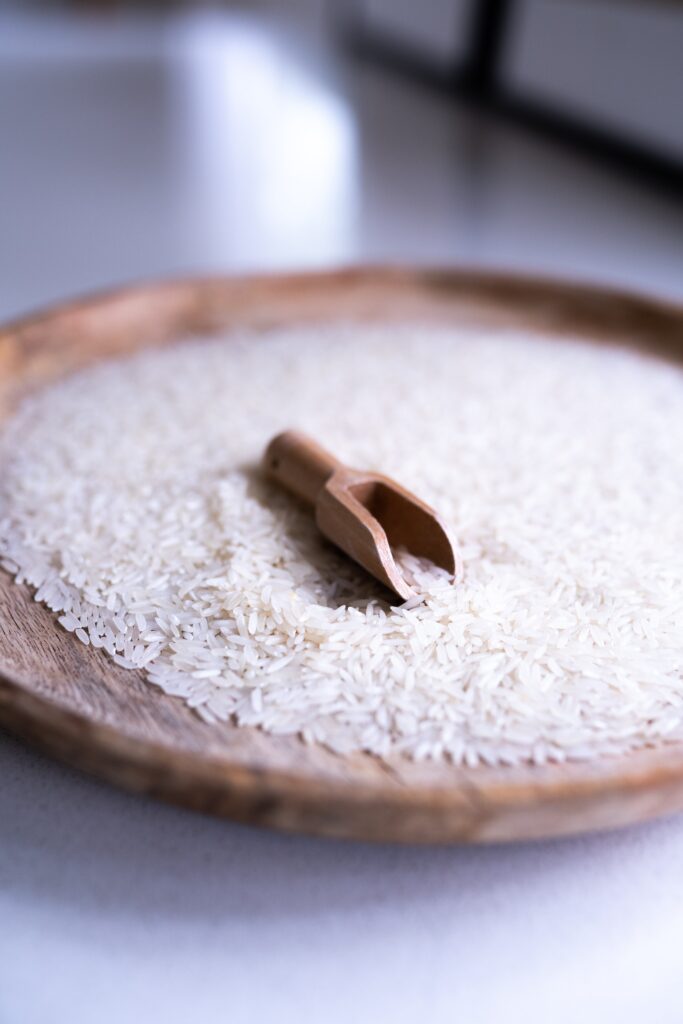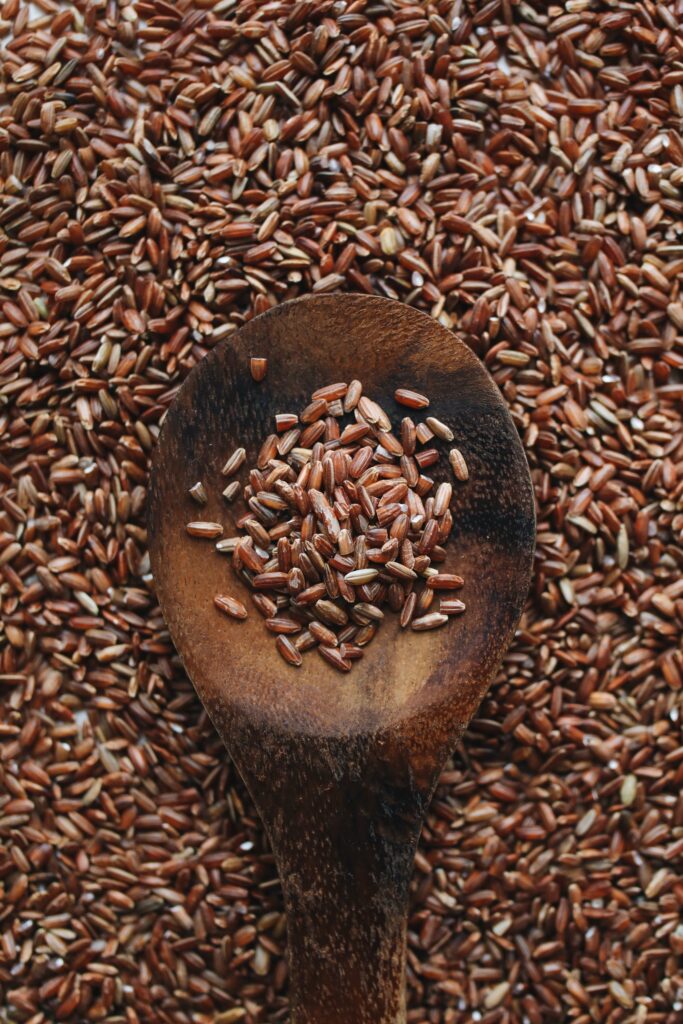There are conflicting perceptions about matters that may influence our health choices. Some may consider them mundane or trivial. Ultimately, it is your choice that will determine the outcome of your chosen health regimen. They are basic things, really. But let us not forget that whatever your choices might be, they will impact your health profile — positively or negatively.
So, should you or shouldn’t you?
In almost every restaurant menu, especially when you travel abroad, there are food options — will it be white or brown rice? Which one is the healthier choice?
Nutritionists confirm that both are grain and are considered carbohydrates. It has everything to do with the way the grain is processed.
For white rice, bran and endosperm are removed. Fiber is stripped away along with other micronutrients although it contains folate. Not considered a whole grain.
For brown rice, bran, germ and endosperm are intact. Considered a whole grain.
Note: Bran and germ contain fiber, vitamins, minerals including B vitamins, magnesium, manganese and selenium. Good news for diabetics.
A feeling of fullness stays longer once consumed. This slows down the rate of energy converted by the body.
The result: a more stabilized blood sugar level.
Not that white rice has no benefits. Its energy content is readily available should you feel famished and need a quick fix. It is still considered a good choice after intense exercise in order to replace lost energy. The lower fiber content might even be easier for people with digestive issues. These are the ones who cannot digest fiber easily.
There is also the question of the presence of arsenic. Both brown and white rice contain arsenic. These amounts might be negligible but studies have shown that brown rice contains more arsenic than white. Plants absorb arsenic from the soil. It may come from flooded rice fields and from chemicals coming from agricultural farms. So, which rice has no arsenic? Basmati and jasmine rice.
Here’s how to remove arsenic from rice: Wash it thoroughly in running water. It can reduce more than 50 percent of the arsenic content. Well-cooked rice also reduces the arsenic content.
Reference: www.ewg.org and www.healthline.com.

Benefits of rice
Rice, being a grain, has been accused as the main cause of weight gain. But this is not so. Moderation is always the key to a healthy balance of your meals.
Rice is a rich source of carbohydrates, the main fuel of energy for the body. It also contains fiber and nutrients especially brown rice.
In summary, grains are considered a health source of carbohydrates from which the body derives its energy.
Whether you opt for whole grain rice or polished rice, the carbohydrate content remains.
Any nutritionist will advise rice eaters to always eat in moderation. Anywhere from half a cup to one cup per meal is considered acceptable — unless you have diet restrictions as set by your doctor.
Affirmation: “I am ready to receive an abundance of blessings.”
Love and light!
